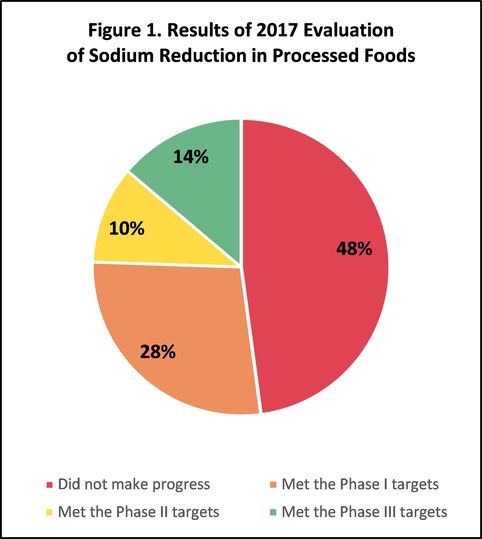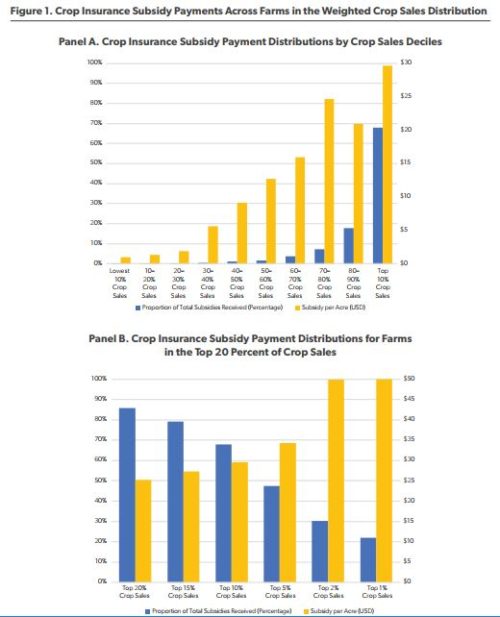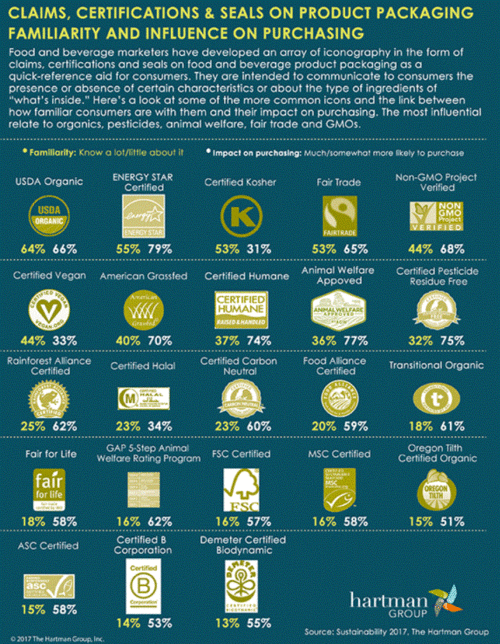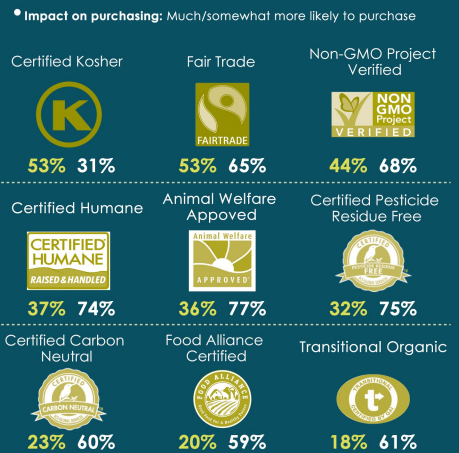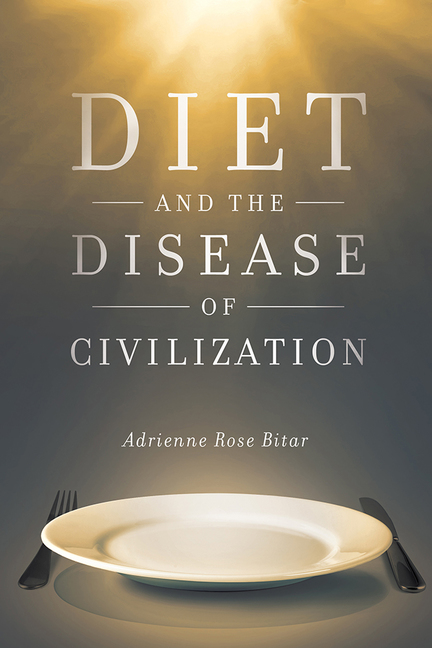USDA Secretary issues guiding principles for farm bill
Secretary Sonny Perdue has released his blueprint for the 2018 farm bill.
Its goal is to “improve services while reducing regulatory burdens on USDA customers” [translation: Big Ag].
USDA, he says, supports legislation that will do a great many things for farm production, conservation, trade, food and nutrition services, marketing, food safety, research and education, and natural resources.
There are a lot of words here and it’s hard to know what they mean, even reading between the lines.
For example, here are USDA’s principles for SNAP (food stamps), with my [translations and questions]:
• Harness America’s agricultural abundance to support nutrition assistance for those truly in need. [This sounds like a food distribution program, but I’m wondering how “truly in need” will be defined.]
• Support work as the pathway to self-sufficiency, well-being, and economic mobility for individuals and families receiving supplemental nutrition assistance. [This means work requirements, but where will the jobs come from?]
• Strengthen the integrity and efficiency of food and nutrition programs to better serve our participants and protect American taxpayers by reducing waste, fraud and abuse through shared data, innovation, and technology modernization. [This means spending hundreds of millions a year on fraud prevention].
• Encourage state and local innovations in training, case management, and program design that promote self-sufficiency and achieve long-term, stability in employment. [The jobs?]
• Assure the scientific integrity of the Dietary Guidelines for Americans process through greater transparency and reliance on the most robust body of scientific evidence. [Weren’t they always based on the available science? This sounds like a way to prevent the guidelines from suggesting eating less of junk foods].
• Support nutrition policies and programs that are science based and data driven with clear and measurable outcomes for policies and programs. [This one translates to you can’t set nutrition policies unless you can demonstrate beneficial outcomes—fine in theory, but policy-blocking in practice].
Reading through the other sections is equally non-reassuring. Where is a vision for a farm bill that promotes health, sustainable agriculture, and small or mid-size farms, protects farm workers, and reduces greenhouse gases?
Maybe the next one?

